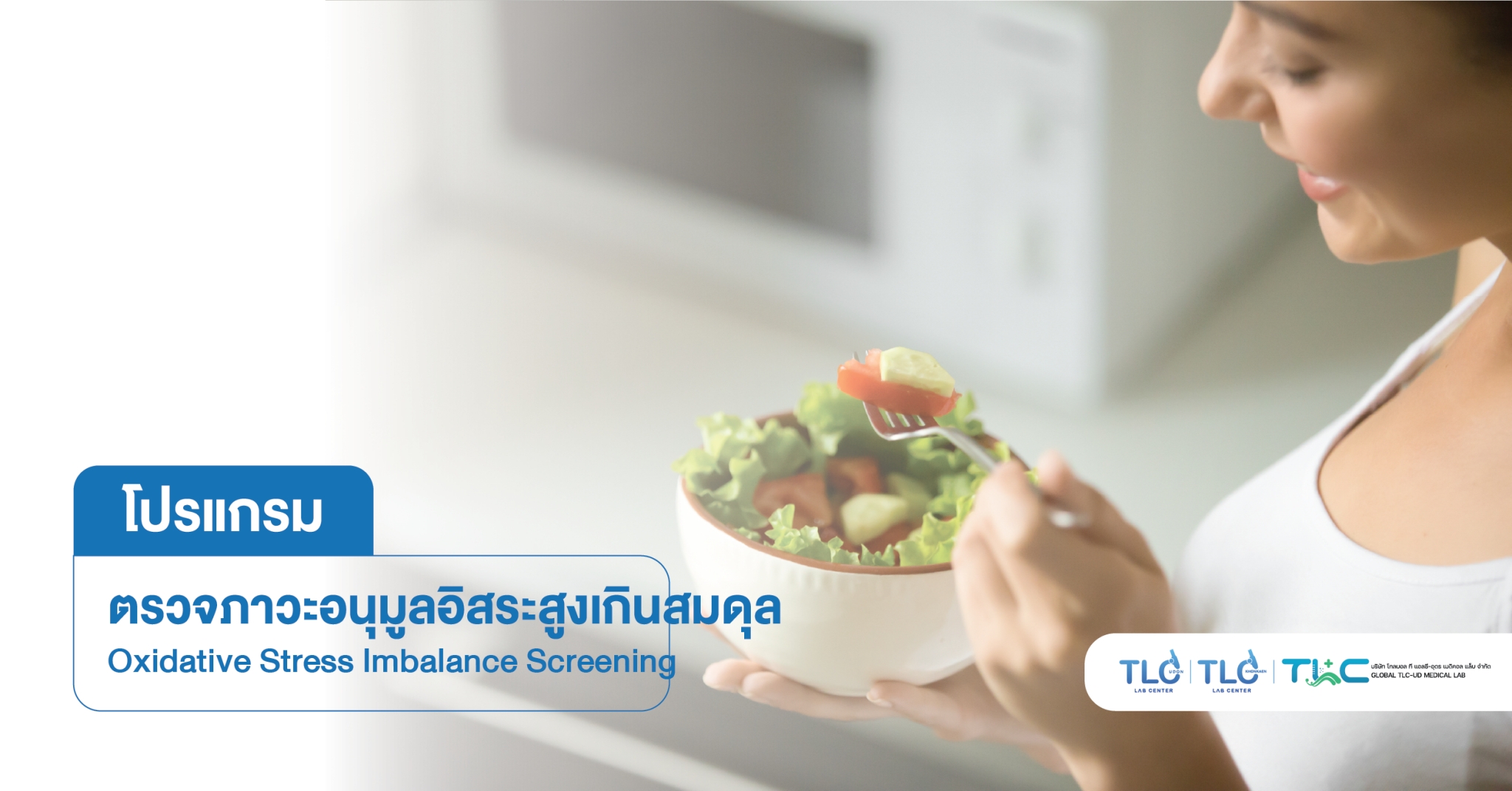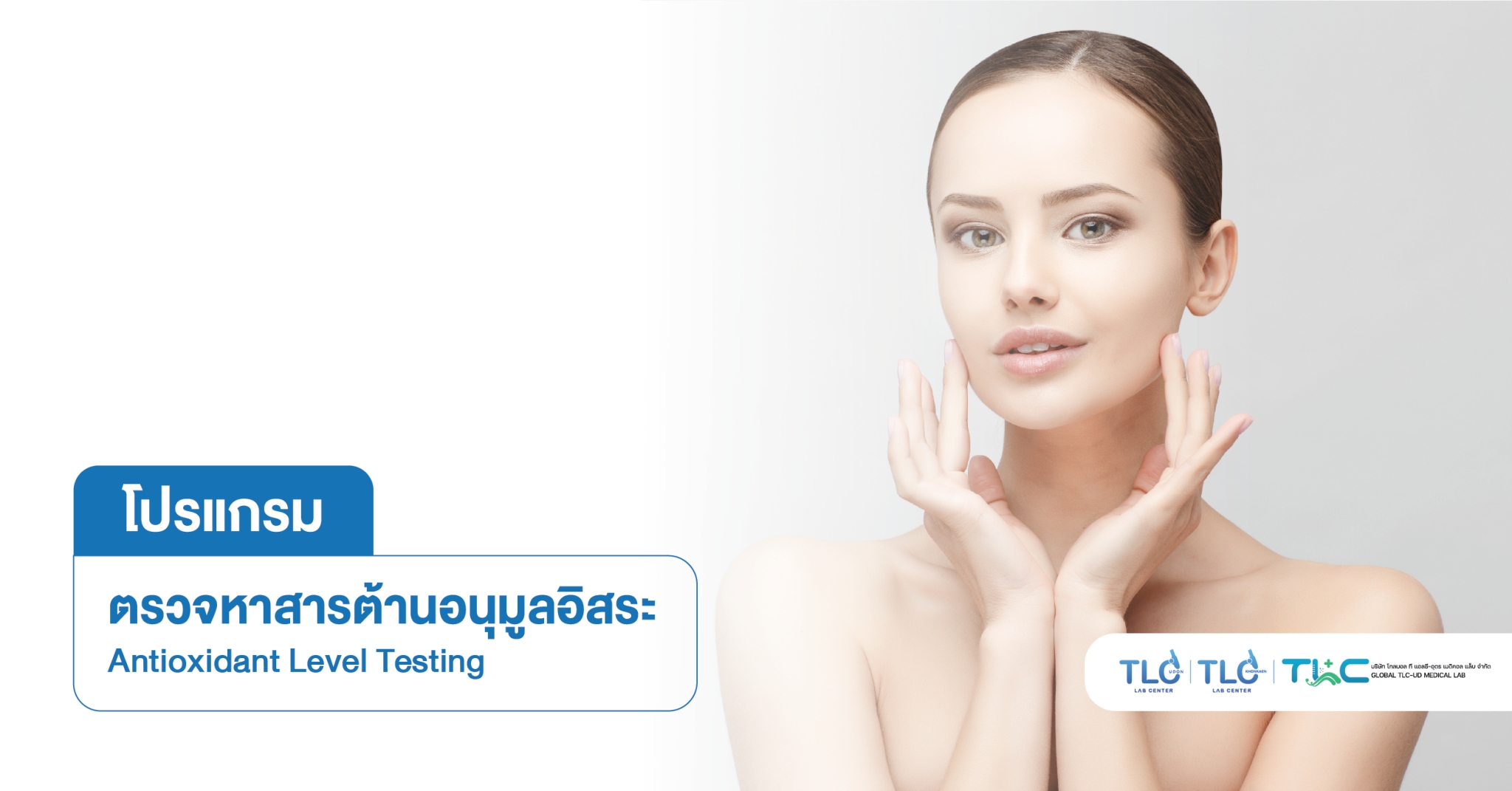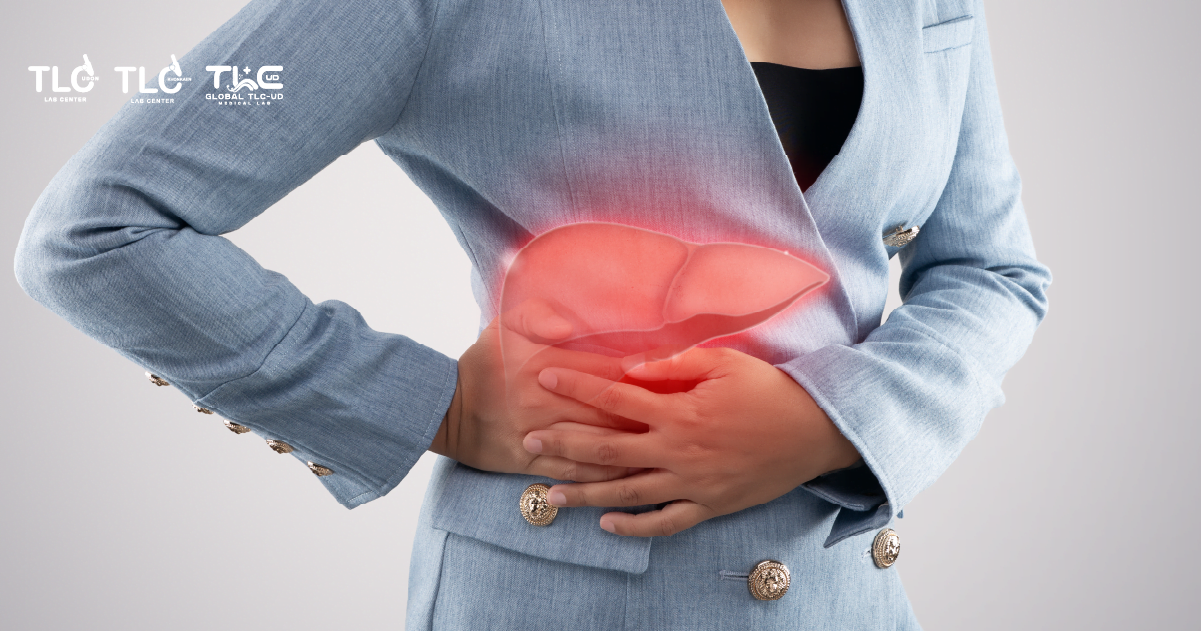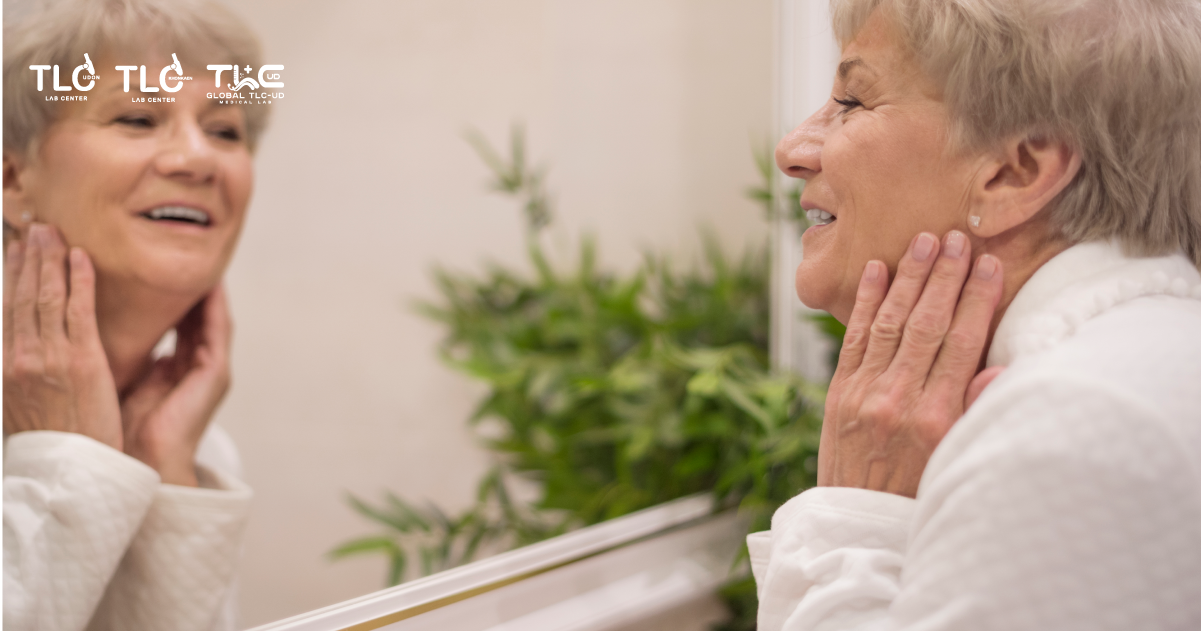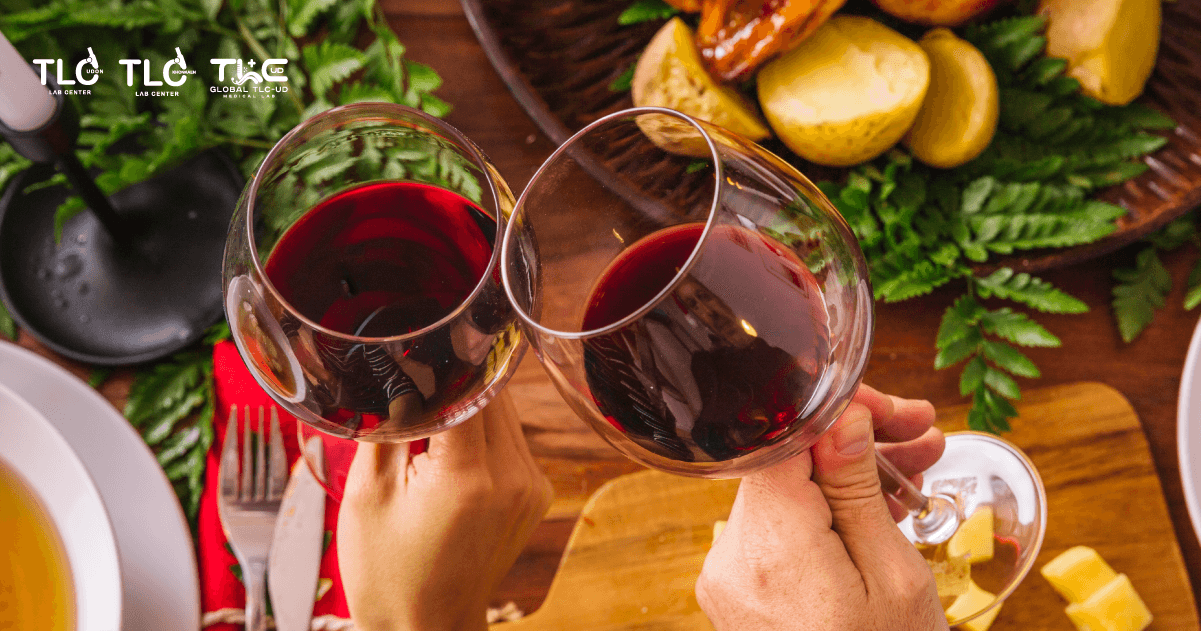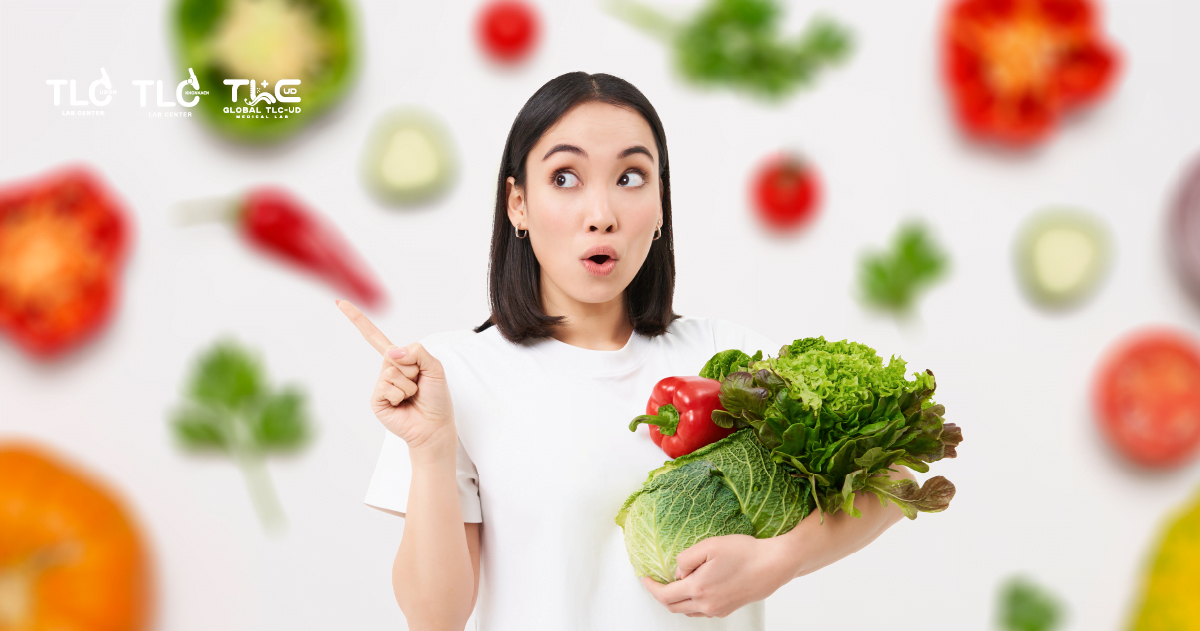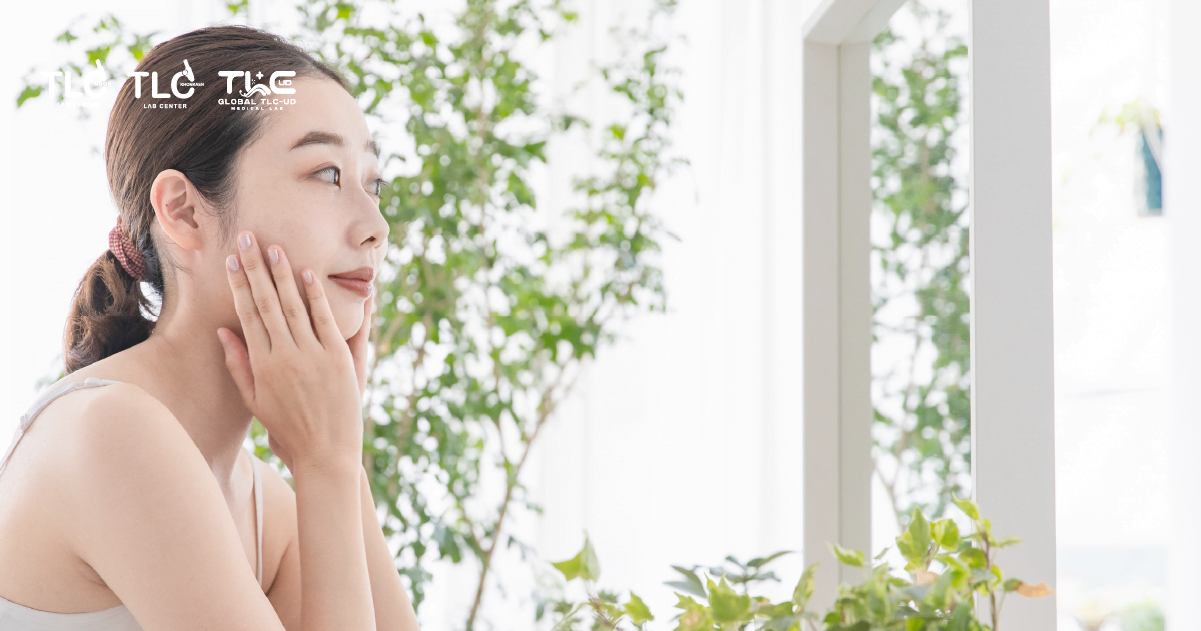Astaxanthin is a carotenoid compound with a wide range of benefits and is one of the most valuable substances found in nature. It is especially known for being a potent free radical scavenger, with properties that help reduce the severity of Alzheimer’s disease, cardiovascular disease, heart disease, cancer, liver disease, kidney disease, diabetes, metabolic disorders, and promote longevity. It also contributes to youthful, wrinkle-free skin.
What is Astaxanthin?
Astaxanthin is a type of carotenoid found in salmon, shrimp and crab shells, and microalgae Haematococcus pluvialis. The human body cannot produce it on its own, so it must be obtained from other food sources. However, the amount obtained from natural sources is quite low. For example, 200 grams of salmon contains only 1 milligram of astaxanthin.
Natural astaxanthin comes from various sources, such as red algae (Haematococcus pluvialis) from Japan. It is extracted using a closed system, free from contamination and without the use of chemicals, resulting in 100% pure natural astaxanthin of high quality with consistent concentration levels.

Benefits of Astaxanthin:
- Contains antioxidants
- Helps rejuvenate the skin, slows down ageing, and reduces wrinkles
- Reduces the risk of various diseases
- Supports eye health and reduces eye fatigue
- Boosts the immune system
- Promotes brain health
- Helps strengthen muscles
- Supports liver health
- Promotes stomach health
Benefits of Astaxanthin:
1. Antioxidant
Astaxanthin is considered the best antioxidant available today. It has a unique ability to protect cell membranes both inside and outside, unlike other antioxidants like beta-carotene and vitamin C, which only protect either the inside or outside of the cell membrane. This makes astaxanthin more comprehensive in cell protection.
Scientific research studying the efficiency of various antioxidants has found that astaxanthin is significantly more powerful in neutralizing free radicals compared to other substances:
- 6,000 times more powerful than Vitamin C
- 800 times more powerful than CoQ10
- 550 times more powerful than Vitamin E
- 550 times more powerful than green tea catechins
- 75 times more powerful than alpha lipoic acid
- 40 times more powerful than beta-carotene
- 17 times more powerful than grape seed extract
2. Slows Aging and Reduces Wrinkles
Wrinkles are a result of damage to the deepest layers of the skin, signalling aging. It takes about 4 weeks for the skin to regenerate new cells to replace dead ones, which can make the skin look dull and cause wrinkles. Astaxanthin helps capture free radicals, Astaxanthin helps skin cells regenerate fully,promotes moisturized skin ,elastic skin with fewer wrinkle while maintaining the balance of the skin’s protective barrier.
3. Reducing Diabetes Risk:
People with diabetes produce a large number of free radicals, which can damage insulin-producing pancreatic cells, leading to impaired insulin function and high blood sugar levels. Studies show that natural astaxanthin reduces free radicals in pancreatic cells, helping to slow complications and improving insulin sensitivity in the body’s cells.
4. Reducing Risk of Heart Disease and Vascular Disorders:
Free radicals can damage the cells of blood vessel walls, leading to blocked arteries and heart disease. Astaxanthin helps eliminate and prevent these free radicals from damaging blood vessels, reducing the risk of heart disease and improving blood circulation. Studies also indicate that natural astaxanthin reduces LDL cholesterol oxidation, lowers triglycerides, and increases HDL cholesterol (the “good” cholesterol).
5. Supporting Stomach Health:
Astaxanthin reduces inflammation in the digestive tract, particularly from H. pylori bacteria, which is a major cause of stomach ulcers and gastritis.
6. Strengthening Eye Muscles:
Astaxanthin prevents free radicals from damaging the eye muscle cells, improves blood circulation to the retina, strengthens the muscles that adjust the lens, and reduces eye strain caused by muscle contraction.

7. Promoting Liver Health:
Astaxanthin plays a key role in keeping the liver healthy, which in turn supports overall health.
8. Enhancing the Immune System:
It helps boost the body’s immune response, providing better protection against diseases.
Astaxanthin helps enhance the body’s response to inflammation, combats oxidative stress, and strengthens the immune system.
9. Increasing Muscle Endurance:
Studies show that consuming 2-4 mg of natural astaxanthin daily for 3 months significantly improves muscle strength and increases endurance, allowing for longer exercise sessions with less fatigue.
Diseases Commonly Treated with Astaxanthin:
- Alzheimer’s disease
- Parkinson’s disease
- Stroke
- High cholesterol
- Liver disease
- Eye diseases such as cataracts and age-related macular degeneration
- Metabolic syndrome (a condition that increases the risk of heart disease, vascular disease, and diabetes)
- Carpal tunnel syndrome
- Rheumatoid arthritis
Who Should Take Astaxanthin:
- Health-conscious individuals of all ages
- Those concerned with beauty and skin health
- Individuals exposed to pollutants such as stress, car exhaust fumes, and environmental toxins regularly
- People who work hard
- Those who use their eyes for long periods, such as working on computers
- Athletes and people who exercise regularly
- Individuals under stress
- People with gastritis
Recommended Daily Dosage of Astaxanthin
Research suggests taking 2-12 mg of astaxanthin daily. If unsure about the appropriate dosage, consult a pharmacist at a drugstore or a doctor at a hospital.
How to Take Astaxanthin Supplements
Astaxanthin supplements should be taken with meals because carotenoids dissolve in fat, similar to vitamins E and K. This allows for better absorption when consumed with food. The typical dosage for adults is 4–18 mg per day, for up to 12 weeks. The dosage depends on the desired outcome; for example, 4 mg per day is effective for reducing inflammation, while 12 mg per day can significantly boost antioxidant levels.
Even though astaxanthin is natural, its safety is not guaranteed, so it’s important to follow the product’s instructions and consult a pharmacist or doctor before use. Additionally, make sure to consume a balanced diet with the recommended portions from all five food groups daily.

References:
- Choi, Hye Duck, et al. “Positive effects of astaxanthin on lipid profiles and oxidative stress in overweight subjects.” Plan Foods Hum Nutr. November 2011. pubmed.ncbi.nlm.nih.gov
- Ito, Naoki, et al. “The Protective Role of Astaxanthin for UV-Induced Skin Deterioration in Healthy People-A Randomized, Double-Blind, Placebo-Controlled Trial.” Nutrients. June 2018. pubmed.ncbi.nlm.nih.gov
- Ni, Yinhua, et al. “Astaxanthin prevents and reverses diet-induced insulin resistance and steatohepatitis in mice: A comparison with vitamin E.” Sci Rep. November 2015. pubmed.ncbi.nlm.nih.gov
- Tominaga, Kumi, et al. “Protective effects of astaxanthin on skin deterioration.” J Clin Biochem Nutr. July 2017. pubmed.ncbi.nlm.nih.gov
- Urakaze, Masaharu, et al. “The Beneficial Effects of Astaxanthin on Glucose Metabolism and Modified Low-Density Lipoprotein in Healthy Volunteers and Subjects with Prediabetes.” Nutrients. December 2021. mdpi.com


